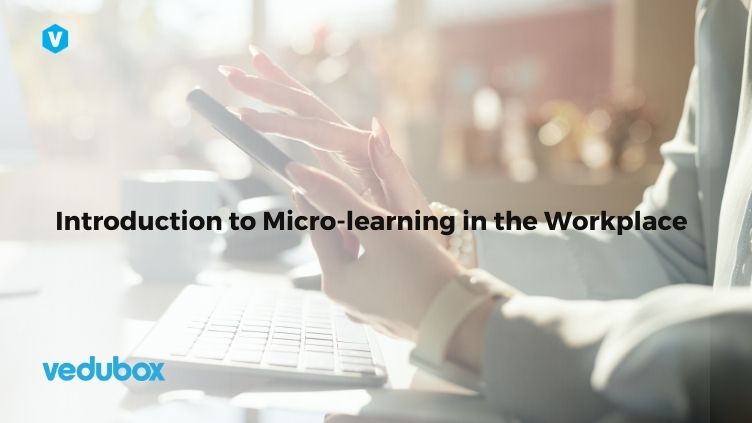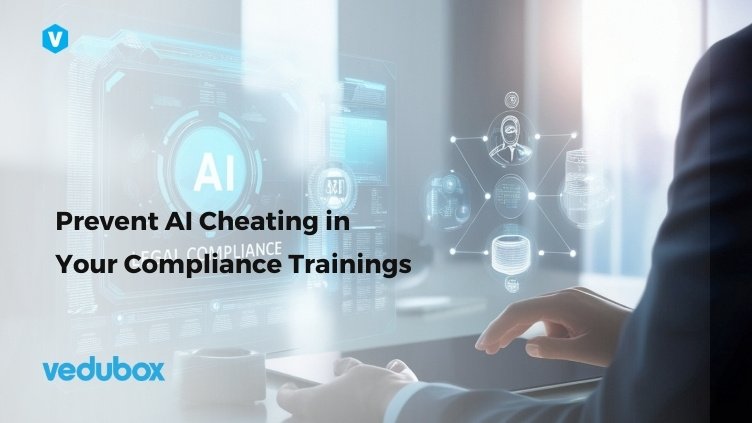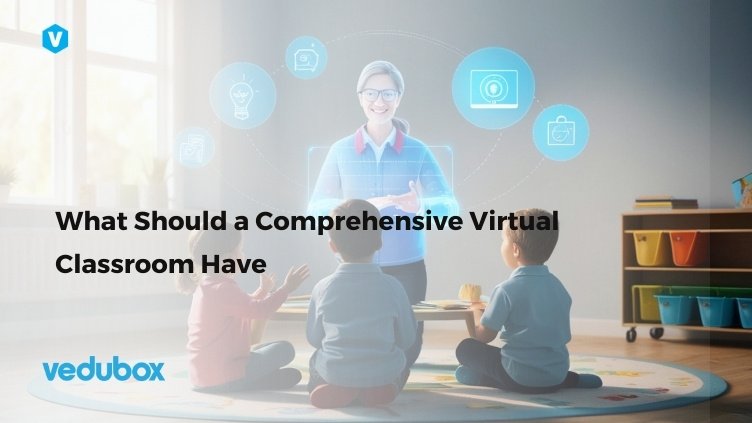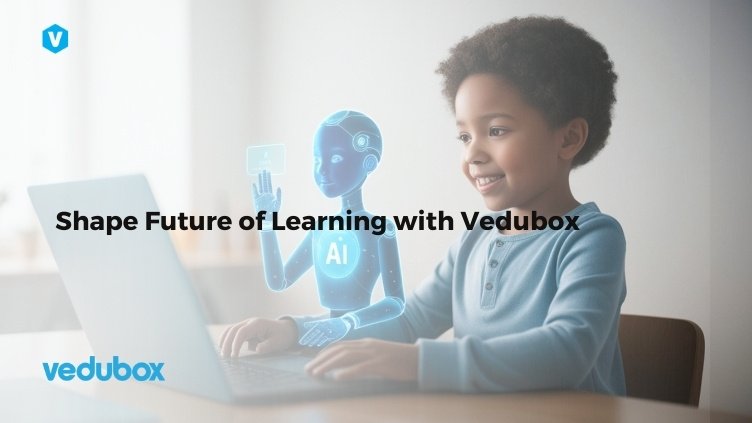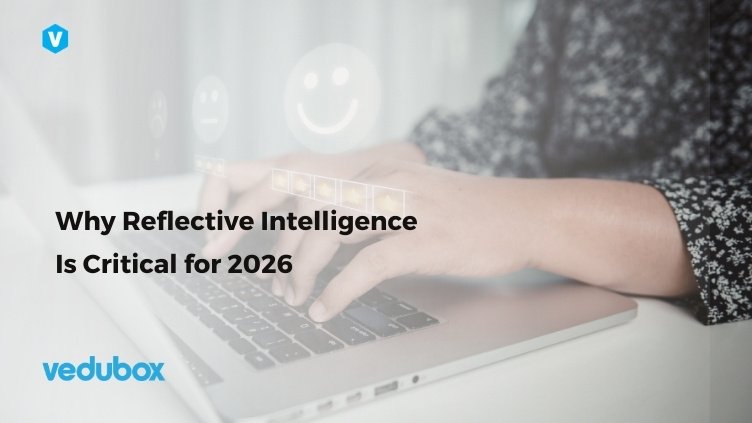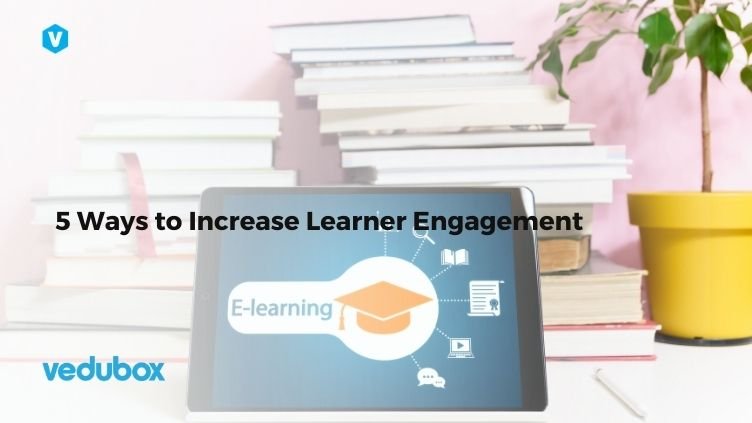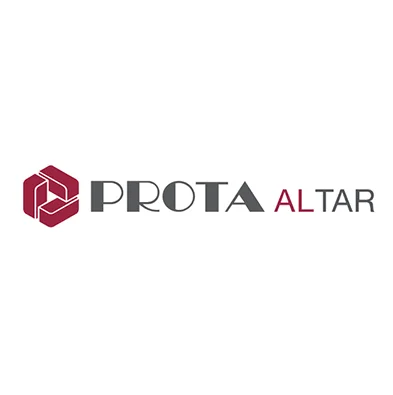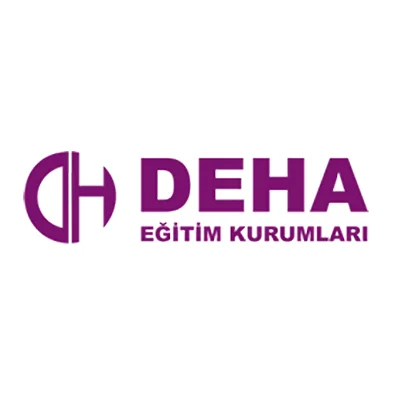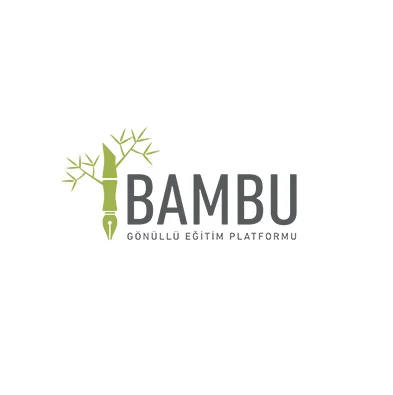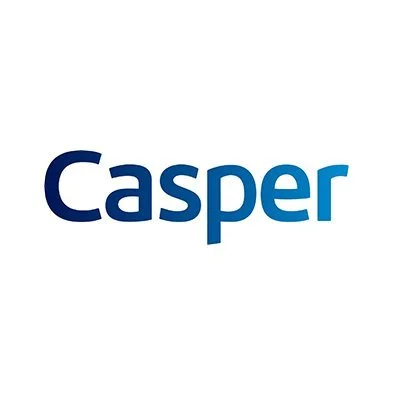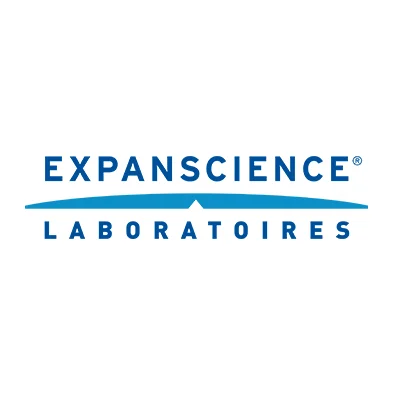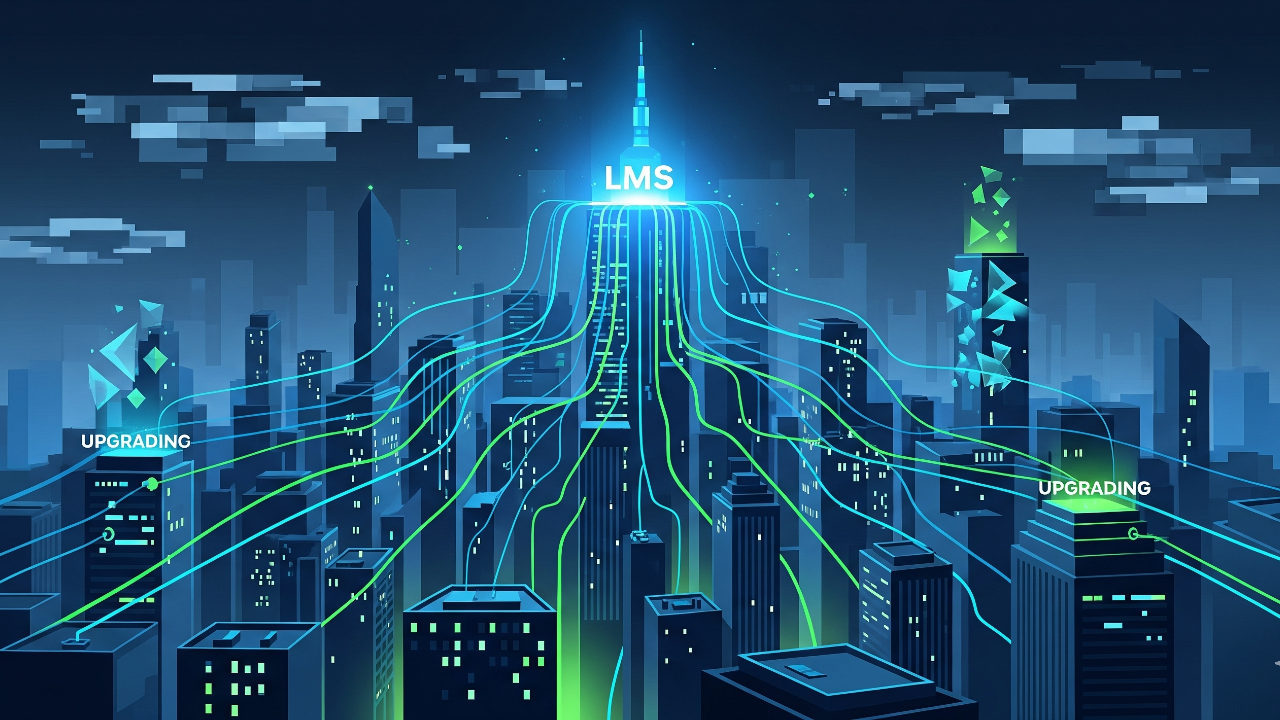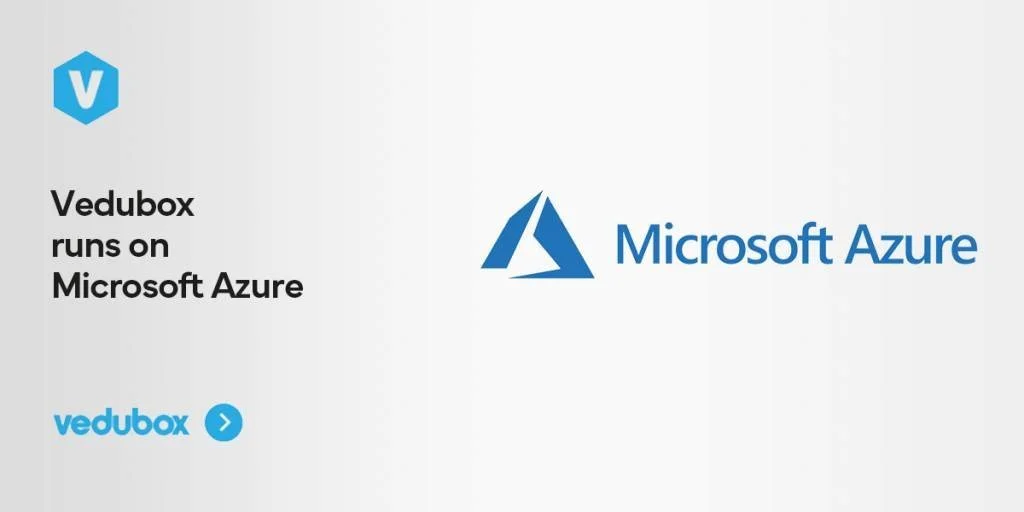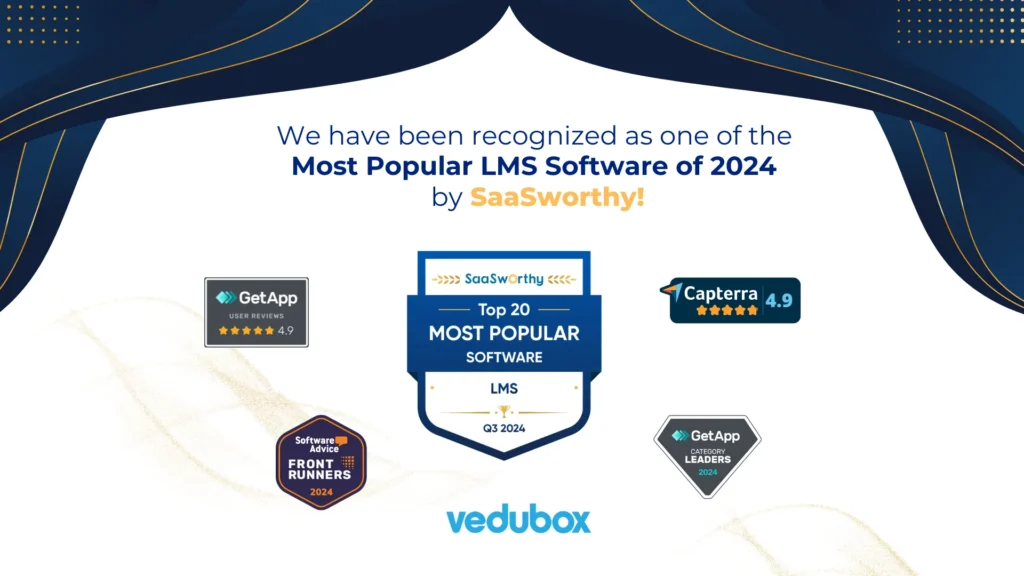How agile is your business in keeping up with the continuous technological transformation? Today, “business as usual” means constant adaptation to the ever-changing business landscape — regardless of industry. This landscape is shaped by AI and automation, shifting market demands, economic volatility, and persistent talent shortages. The skills needed today might become old-fashioned in an instant, making continuous evolution a critical challenge facing every business. Stagnation, simply put, is a recipe for obsolescence.
With “future-proofing,” we mean building your organization’s capacity to adapt, innovate, and thrive in the face of unforeseen challenges. You can’t predict the future, but you can lay the foundations of an agile business that can adapt, and at the heart of it, you’ll find a Learning Management System (LMS). You may think of an LMS just as a digital course catalog or a space to store compliance documents. It is, however, more than that — a strategic asset for resilience, agility, and sustainable growth.
How LMS Transforms Business Resilience
A modern LMS is a dynamic ecosystem designed to build a confident workforce ready to face anything.
Bridging the Skills Gap and Fostering Continuous Learning
Because of the ever-accelerating technological advancements, skills have a shorter shelf life. LMS platforms enable organizations to address emerging skill deficits dynamically.
- Dynamic Upskilling & Reskilling: An LMS allows you to quickly identify where skills are lacking — whether it’s data literacy, cybersecurity, or AI proficiency — and deliver targeted courses. Your team can rapidly acquire new capabilities crucial for navigating technological shifts. The World Economic Forum’s “Future of Jobs Report 2023” highlights that 44% of workers’ core skills are expected to change by 2028, stressing the urgent need for dynamic upskilling.
- Personalized Learning Paths: Modern LMS platforms leverage AI-driven recommendations to create customized learning journeys for each employee. This personalization directly addresses individual and organizational requirements, ensuring that employees gain relevant skills efficiently.
- Culture of Lifelong Learning: An accessible LMS encourages proactive learning, enabling an agile workforce that is adaptive to new technologies and methodologies. McKinsey’s insights on the future of work suggest that exposing skill pools where you are either long or short on talent and taking action before the talent gap becomes a competitive liability is critical in building the workforce of the future.
Enhancing Employee Engagement, Retention, and Employer Brand
An LMS is a powerful driver of employee satisfaction and loyalty — beyond being an HR perk.
- Career Pathing & Development: An LMS enables internal mobility and career progression. You can offer clear pathways for employees to grow within the company.
- Investing in People: eLearning platforms for businesses are key to employee retention. They provide access to learning opportunities, which signals to employees that you’re invested in their long-term success. Forbes notes that companies offering professional development tend to have better retention rates.
- Attracting Top Talent: Building a strong learning ecosystem attracts top talent like a magnet, especially younger generations who prioritize professional growth. LinkedIn’s 2024 Workplace Learning Report consistently shows that learning opportunities are a top reason employees stay with or join an organization.
Ensuring Compliance and Mitigating Risk in a Complex Regulatory Landscape
An LMS transforms compliance into a streamlined process, eliminating the constant challenge for businesses to navigate the regulatory landscape.
- Automated & Trackable Compliance Training: Compliance courses ensure all employees complete mandatory training (e.g., GDPR, HIPAA, industry-specific regulations) on schedule, with clear audit trails — avoiding costly penalties for the business.
- Rapid Dissemination of Policy Updates: The system enables the quick update and distribution of new policies or regulatory changes across the organization, thereby minimizing the risk of non-compliance.
- Centralized Record-keeping: An LMS lets you easily demonstrate adherence to regulations during audits, thereby safeguarding your business from legal penalties and reputational damage. DLA Piper’s 2025 GDPR Fines and Data Breach Survey highlights that significant fines are still being issued for data privacy enforcement, underscoring the importance of demonstrable training.
Driving Scalability, Efficiency, and Cost Optimization
Efficiency is key for business learning platforms. An LMS delivers significant operational advantages.
- Standardized Onboarding: An LMS streamlines the onboarding process for new hires, reducing time-to-productivity and ensuring consistency across the organization.
- Reduced Training Costs: According to ATD (Association for Talent Development) studies, organizations can save between 50% to 70% in training-related costs by transitioning to virtual programs. Additionally, eLearning can be completed 40% to 60% faster than traditional classroom training.
- Operational Consistency: An LMS ensures all employees, across multiple locations or departments, receive the same high-quality training, leading to unified processes and service delivery.
Leveraging Data for Strategic Talent Development and Decision-Making
Beyond just tracking completions, a leading LMS platform provides powerful analytics.
- Learning Analytics & Insights: An LMS provides detailed data on course completion, engagement, proficiency levels, and skill gaps across the organization. These data help L&D to move from guesswork to a data-driven strategy.
- Identifying Future Needs: You can use this data to proactively identify emerging skill needs based on performance trends and business objectives, informing future training investments.
- Measuring Learning Impact: An LMS allows you to correlate learning activities directly with business outcomes — think reduced errors, improved sales figures, or higher project success rates — demonstrating the definite value of your L&D efforts. Brandon Hall Group research highlights that while 88% of organizations prioritize improving learning analytics, only 23% have a consistent approach to measuring impact. A powerful LMS like Vedubox can make a real difference here.
Your Definitive Decision
An LMS is about building an adaptable, resilient, and continuously evolving workforce. It gives a competitive edge and safeguards your business’s long-term viability and growth. It’s a strategic imperative that transforms learning from a perceived cost center into a vital value generator, signaling a bright and forward-thinking future for your business.
Vedubox is an all-in-one, AI-powered, comprehensive LMS designed to empower your workforce and secure your future.
Contact our experts today to discuss your organization’s unique future-proofing needs, or request a personalized demo of Vedubox to see our platform in action.
